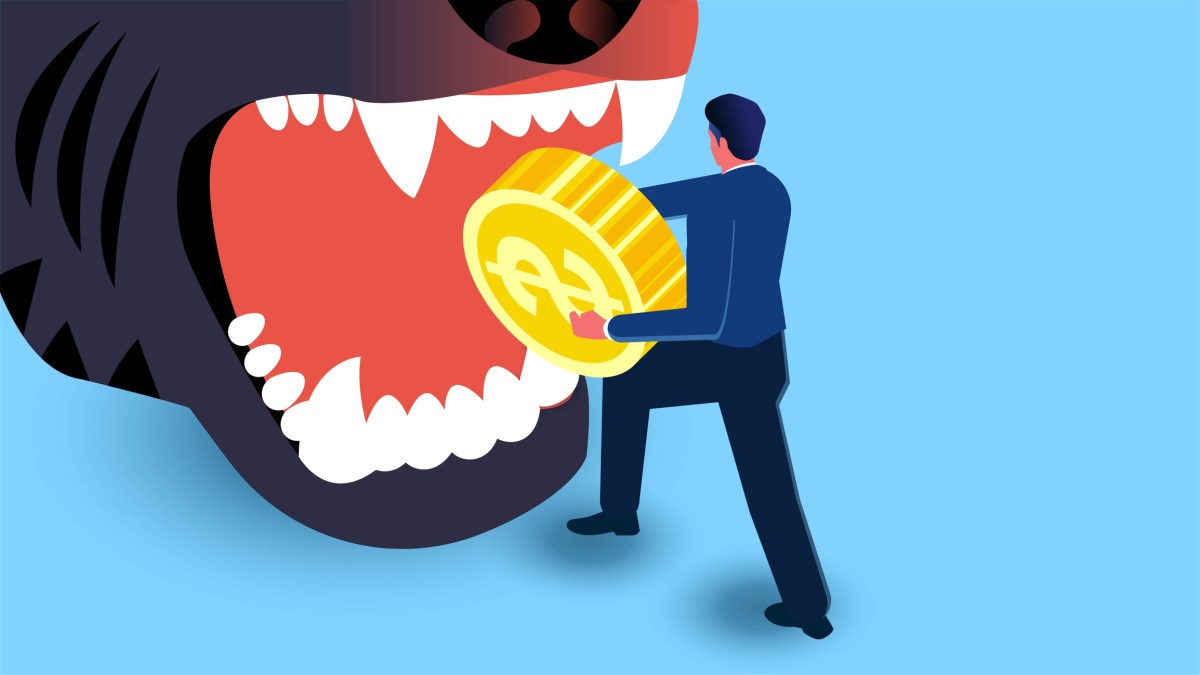When Nigel Morris tells you he’s worried about the economy, you listen. As industry observers know, Morris co-founded Capital One and pioneered lending to subprime borrowers, building an empire on understanding exactly how much financial stress the average American can handle. Now, as an early investor in Klarna and other buy-now-pay-later companies like Aplazo in Mexico, he’s watching something that makes him deeply uncomfortable.
“To see that people are using [BNPL services] to buy something as basic and fundamental as groceries,” Morris told me on stage at Web Summit in Lisbon this week, “I think is a pretty clear indication that a lot of people are struggling.”
The statistics back up his unease. Buy-now-pay-later services have exploded to 91.5 million users in the United States, according to the financial services firm Empower, with 25% using the services to finance their groceries as of earlier this year, according to survey data released in late October by lending marketplace Lending Tree.
These aren’t the discretionary purchases — the designer bags and latest Apple headphones that BNPL was marketed for originally. Borrowers aren’t paying it back, either. According to Lending Tree, default rates are accelerating: 42% of BNPL users made at least one late payment in 2025, up from 39% in 2024 and 34% in 2023.
This isn’t just a consumer finance story; it’s a canary in the coal mine for the entire venture-backed fintech ecosystem and beyond. It points to what could develop into a serious problem — one that echoes what preceded the 2008 mortgage crisis except for one thing: it’s largely invisible.
Why’s that? Because most BNPL loans aren’t reported to credit bureaus, creating what regulators call “phantom debt.” That means other lenders can’t see when someone has taken out five different BNPL loans across multiple platforms. The credit system is flying blind.
“In a world where, if I’m a buy-now-pay-later provider, and I’m not checking bureau data, I’m not feeding bureau data, I am oblivious to the fact that Nigel may have taken out 10 of these things in the last week,” Morris explained.
Continue Reading on TechCrunch
This preview shows approximately 15% of the article. Read the full story on the publisher's website to support quality journalism.
